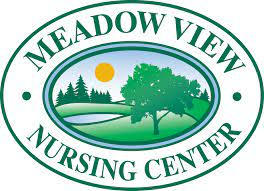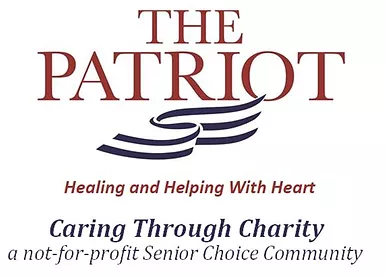Health Occupations
Health Occupations students learn to be direct caregivers through topics such as patient care skills, anatomy and physiology, law and ethics, communication, medical terminology, nutrition, and infection control and safety.
HEALTH OCCUPATIONS - PROGRAM INFORMATION
INSTRUCTOR: MRS. CARISSA SANNER
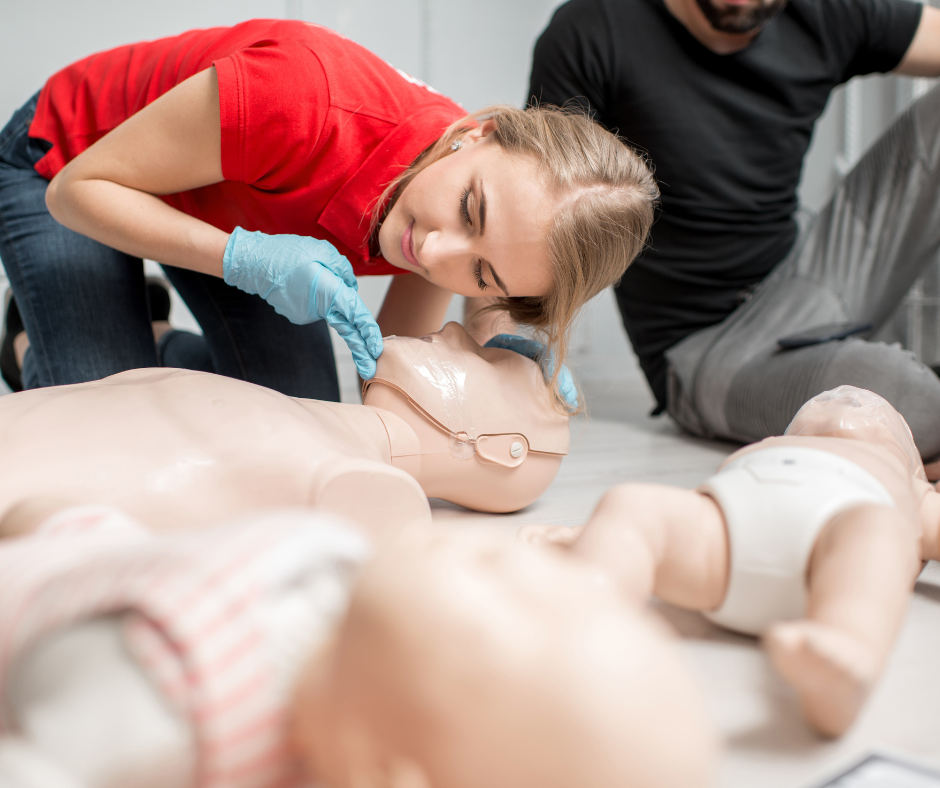
Areas of Study
- Infection Control
- Emergency Care/Disaster Preparedness
- Human Needs and Development
- Healthcare Provider Skills
- Nutrition/Hydration
- Structures/Functions of the Human Body
- Diseases and Related Terminology
- Death & Dying
- Medical Terminology
Career Opportunities
- Health Technologists/Technicians
- Medical Assistants
- Phlebotomist
- Healthcare Support Worker

O*NET OnLine has detailed descriptions of the world of work for use by job seekers, students, researchers, and more!
COLLEGE AND CAREER OUTLOOK
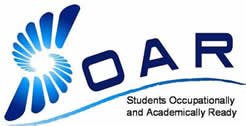
Students Occupationally and Academically Ready (SOAR) programs of study prepare today’s student for tomorrow’s high demand and high wage careers.

See how PA Bureau of Career and Technical Education SOAR Programs of Study taken at the High School level may transfer into participating postsecondary institutions and technical centers.
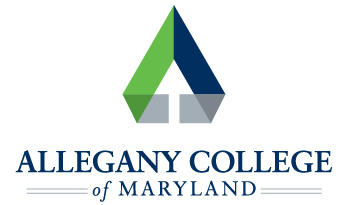
SCTC Health Occupations Program - Articulation Agreement with Allegany College of Maryland
PROGRAM CERTIFICATIONS

National Occupational Competency Testing Institute (NOCTI) provides industry-based credentials and partner industry certifications for students enrolled in career and technical education programs.
Health Occupations students earn the following certifications:
- Pennsylvania Skills Certificate (NOCTI)
- American Heart Association – Heartsaver® CPR/AED/First Aid/BLS for Health Care Providers
- Certified Patient Care Technician
- OSHA for Healthcare Providers
COOPERATIVE EDUCATION INDUSTRY PARTNERS
SCTC's Cooperative Education Program provides students with hands-on learning opportunities through on-site work for local companies.
What is The Co-op Program?
- Bridges the classroom-to-employment gap
- Provides real-world experience
- Builds your resume
- Refines program skills
- Presents networking opportunities
Thank you to all of our Health Occupations industry partners!

